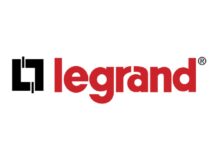The FBI is investigating whether Johnson and Johnson was aware that a surgical device it manufactured could spread cancer in the women on whom it is used.
The FBI is investigating whether Johnson and Johnson was aware that a surgical device it manufactured could spread cancer in the women on whom it is used.
Johnson and Johnson is one of the leading manufacturers of the power morcellator — a surgical device that breaks down growths in the uterus so that they can be easily removed. However, in as many as one out of every 350 cases, an unknown cancer is hidden within growths, and the device could potentially worsen the condition.
Johnson and Johnson may have been alerted to to the risks as early as 2006. The company didn’t remove the device from the market, however, until July 2014. In November of that year, the U.S. Food and Drug Administration implemented its most serious warning on the device.
In that FDA warning, the agency noted that the device could “significantly [worsen] the patient’s long-term survival.”
The agency urged against the use of power morcellators.
















